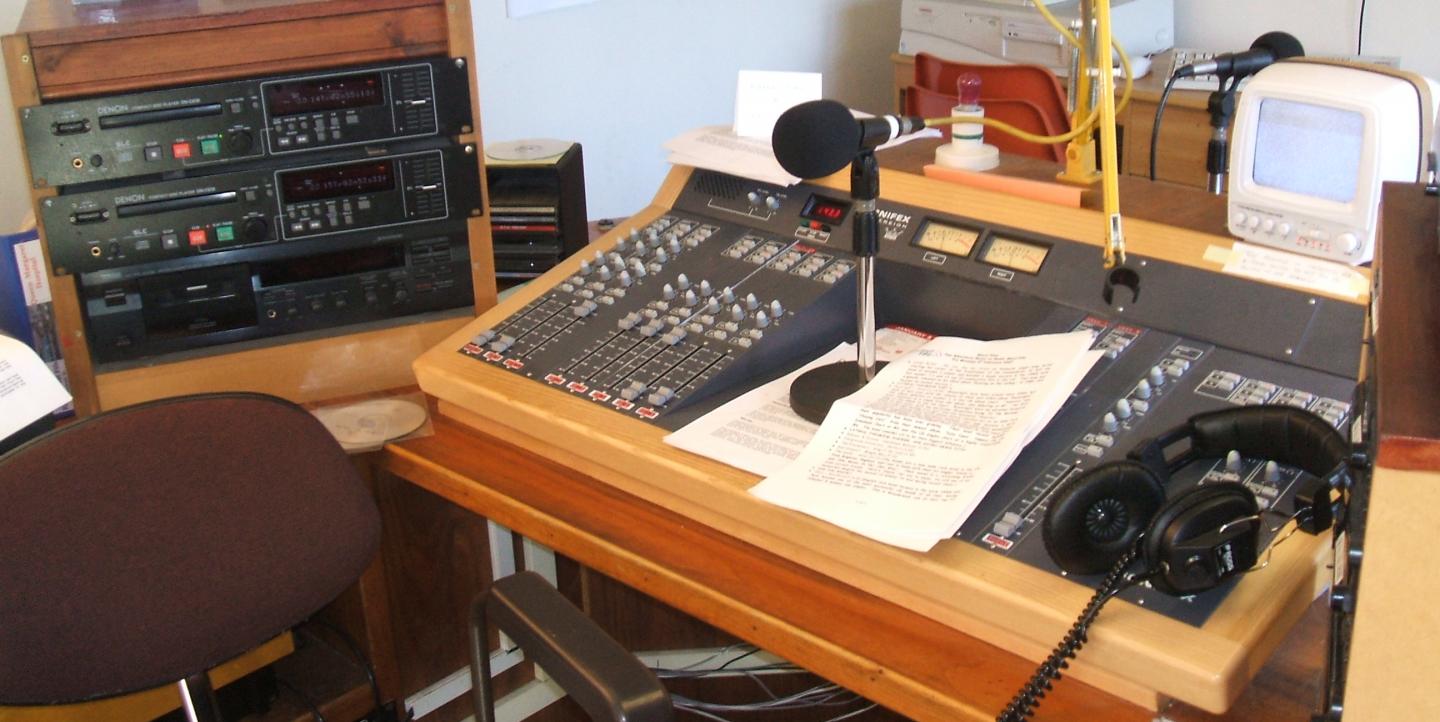Adequate preparation and careful production are essential. The more planning you put into producing a radio news package, the better the finished piece is likely to be. Make sure that you know your facts before conducting the interviews, review the material afterwards, ensure that you've not missed anything and that it makes sense.
The simple checklist, below, should improve your radio pieces.
Planning the story
- What issue are you intending to cover?
- Who is the target audience?
- What questions would they want you to ask on their behalf?
- Who would be best to answer those questions?
- Who should you talk to in order to dig deeper?
- How could you include diverse perspectives?
- Time spent preparing could save hours of work later.
Producing the material
- Have you done your research?
- Where can you find background information? Library, online, newspapers?
- What has been said before?
- What questions were left unanswered?
- Be that sure you know your facts before conducting an interview.
- Draft out an initial script, but keep an open mind for the unexpected.
- Try to think through the way the story will work.
- Better to have a framework before you start, you can always discard it.
- Draft a script, but be alert to any new news angles.
Setting up the story
- Logistics - who does what?
- Guest bookings - when is the interviewee available?
- Have you briefed the interviewee about the area of questioning?
- Do you have official permission to interview? (Applicable in sensitive situations.)
- Do you have the equipment ready?
- Have you got some spare batteries.
- Is it safe to go where you intend to go?
- Have you told someone where you are going?
- How will you communicate with the office?
- Let someone know when you arrive and when you leave.
- Be punctual, make sure that you are there when you say you will be.
- Check and double check, and be professional in all you do.
Reporting back and initial quality control
- What material has already been gathered?
- Listen to it and make notes.
- What new news angles have been uncovered?
- What is the headline for your story?
- What is the summary?
- What angles still need to be developed?
- Check all facts - is the material accurate?
- Check the ethics - is the material fair, objective and impartial?
- Do you need to approach anyone for a right of reply?
- Did you miss anything?
- Do you need to add any more information?
- Does the piece still make sense?
- Have any of the interviews killed the story? It sometimes does, and you must be prepared to move on.
- Is the material the best you could have possibly produced in the time available?
- Will it inform the public debate, or is it just more noise?
- Is it clear, or is it confusing?
- Have you used simple and short sentences? Remember KISS, keep it short and simple.
- If the piece doesn't make sense to you, it's unlikely to make sense to the audience.
Production review
- What worked and what didn't work?
- How could you have done better?
- Where did you make serious mistakes?
- Where did you do really well?
- What would you do differently next time?
- Were you in danger at any point?
- Did you take any unnecessary risks?
- Did you find the exercise rewarding in professional terms?
- How should the piece be followed up and when?
This story first appeared on Media Helping Media (MHM) and is published on IJNet with permission. MHM is a training information site that provides free media resources for journalists working in transition states, post-conflict countries and areas where freedom of expression and media freedom is under threat.
David Brewer is a journalist and media strategy consultant who set up and runs Media Helping Media. He delivers media strategy training and consultancy services worldwide. His business details are at Media Ideas International Ltd. You can follow @helpingmedia on Twitter.
_Image CC-licensed on Flickr via Ross Muray._

